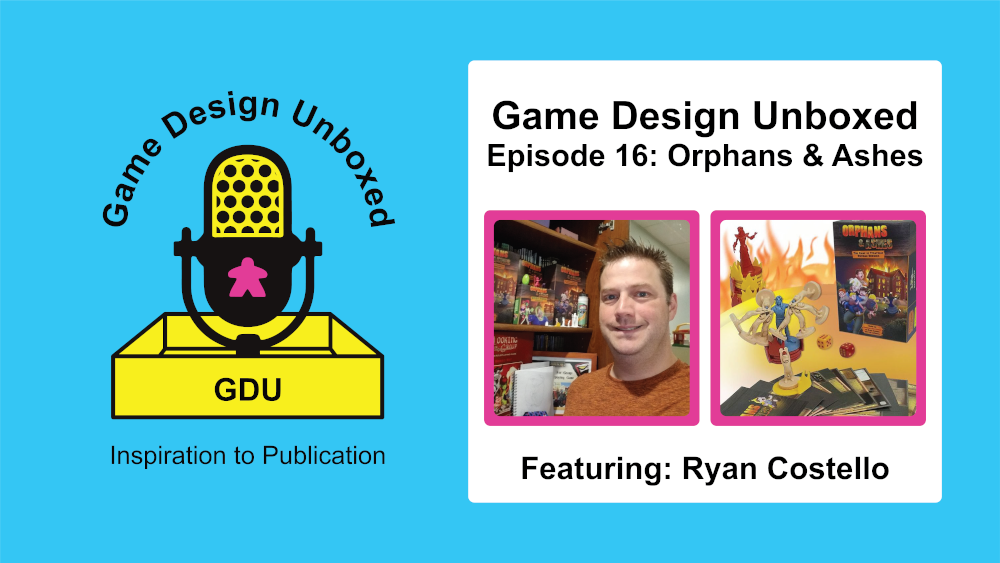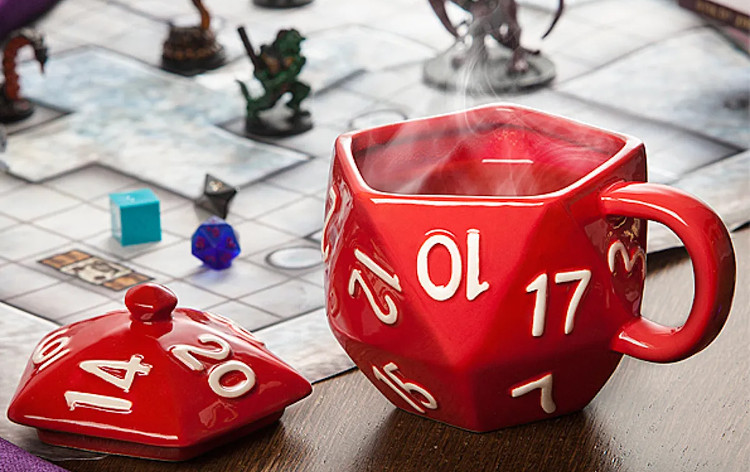Jimmy Olsen. Dexter’s Dad. Nancy Whitehead.
Behind every unbeatable hero is an everyday ally. These super pals keep the heroes grounded, give them an opportunity to share their thoughts, and provide insight and perspective. Some are so synonymous with the hero that adaptations without them feel incomplete. Plenty of Batman movies don’t include Robin, but not one drops Alfred.
Here’s why and how I think you should add a line to the Details section of your PCs’ character sheets for the PC’s NPB. Their Non-Player Bestie.
A Pal and A Confidant
You know how on sitcoms set in a workplace, the coworkers are also their only social circles? That’s like most RPG parties. And while that might accurately reflect the traveling band nature of an adventurer lifestyle, it also limits the individual stories you can tell. Giving each PC an NPC that is just theirs has several storytelling benefits.
Understanding The PC Better
Asking your players to create a NPB for their PC forces them to look at their character from another point of view. Who would they spend time with? Who would want to spend time with them? What makes the kind of friend their PC can be vulnerable with?
Not only will they understand their character better, but so will you. You will know who they want the world to think they are, and who they are when they feel safe.
Sharing Their Thoughts
We put our heroes through the ringer. After all, they can’t save the world unless the world is at stake. And that impacts even the most hardened hero. However, some adventurers believe facing the world with a steely façade benefits others. A leader needs their followers to see them as impenetrable. Citizenry needs a fearless icon to overcome their own worries.
Then the NPB swoops in and says “You may be fooling everyone else, but I know you. Part of you is terrified. You need to talk about it. And no, I wasn’t asking.”
Having someone the PCs can share their thoughts with who isn’t in the party allows us to explore their emotional states without compromising the public persona of the PCs.
Foundation to Stand On
As the PCs become more famous, and involved in threats on a grander scale, an NPB can provide insight into how the eyes on the street regards them. Because as PCs level up, they experience a rising scale of horribleness, it can feel like everything they do leads to something worse. Having an NPB reassure them that their past actions had positive impacts on the level 1 folks helps put the campaign into perspective.
Something To Look Forward To
Downtime is more than just a phase to make some income and sell off unwanted treasure. But every GM knows the blank stare of a player caught off guard by the question “What do you want to do in town?” Not only does an NPB give them a go-to answer, it gives us a diving rod for subplots. Instead of needing to remind players of the dangling threads they wanted to explore, the NPB is the ideal person to bring it up in character. Contextualized campaign information is always more immersive than GM exposition.
Types on NPBs
Because an NPB predominantly interacts with just one PC, consider creative ways they can be implemented. They don’t need to be standard fair, cookie cutter background characters.
Corporeal
A standard fair, cookie cutter background character.
Family
Whether blood relative or adopted family, having a connection that’s thicker than water and goes back as far as the PC can remember is as intimate as a relationship can get.
A Heck of a Barber
Some jobs just invite greater intimacy. Barbers, bartenders, tailors, caddies, psychiatrists. OK, psychiatrist implies intimacy. Perhaps its the power dynamic, perhaps its specifically that they aren’t a friend that brings out a character’s deeper thoughts. Whatever the case, this person (or even type of person, with the actual individual changing) opens up the honest side of the PC.
Imaginary
An imaginary friend, a construct of memories, an inanimate object that always has the right answer. An imaginary NPB gives even the broodiest loner someone to talk to.
Journal
Not every player loves roleplaying. That’s fine. Different players play the game for different reasons. If they would rather deliver a flowery monolog, or save their character development for a message board, let them.
Putting The B In NPC
An NPB is more than just an NPC.
Hopefully we’ve all been fortunate enough to create an NPC that our players latched onto and defended with their lives. Characters they felt so connected to, they speak of as fondly as they do their fellow players. Most of the time, however, this happened organically. An NPC in the right place at the right taught got the spotlight when a PC felt chatty. An improvised background character hit the right notes and became a party favourite. It’s hard to design the party’s next favourite NPC. In fact, I have stories of NPCs I thought would be recurring allies who turned into foils because the PCs took an instant dislike to them.
So how do you make an NPC BFF for each PC?
You don’t.
They do.
Their NPC
Our players creating their own NPBs benefits us so much, my fellow GMs. It gives them input into the campaign on a personal scale. It allows us to tap their creativity in a way they’ll want to participate in, because its related to their character. Finally, it means they’ll be invested in their NPB.
I know Andromeda is no one’s favourite Mass Effect game, but I thought the sibling customization was brilliant.
If you’re not familiar, you start the game customizing your character. Pretty standard for a game like Mass Effect. Then, you design a sibling. A sibling who gets trapped in their stasis chamber when your ship takes damage in the first part of the game.
Had I not customized my sibling, I’d probably still be invested in what happened to them if the game started in the same way. However, because I helped create that character, I had a greater sense of ownership over him. That said, I don’t recommend putting NPBs in peril
Trust
You know how the first five Spider-Man movies had a last act damsel in distress, and then the sixth on didn’t and something felt so fresh and interesting about it?
That is to say, NPBs aren’t for your story. They’re for the PC’s story. Don’t kidnap them. Don’t kill them off. Absolutely do not have them betray the PC.
Players need to trust their NPBs like their trust their real best friends. And they need to trust that you won’t exploit them for a cheap emotional reaction.
I’ll admit, its restrictive to say you’ll never harm an NPB. If a monster rampages through the PCs’ hometown and non of the NPBs are affected, it risks the opposite effect you are going for. Plot armor keeping the NPBs safe makes it harder to care about them, because their role as a tool becomes transparent. If you think you can be responsible, and only put the NPBs in peril when it organically makes sense, that can be effective storytelling and bring out real emotion in your players. But if you do it as a cheap trick, expect a weak reaction.
Thank You For Being A Friend
The ideal outcome of including NPBs in your campaign is a blurred line between where the GM’s world ends and and the player’s begins. NPBs give players influence over the setting, and you influence over their characters. Like the best friendships, you give a piece of yourself to each other, and you’re both better off for it.
Every two weeks, Ryan Costello uses his experience as a Game Master, infused with popular culture references, to share his thoughts on best GMing practices to help his fellow GMs. Often deconstructing conventional wisdom and oft repeated GMing advice, he reminds his fellow GMs that different players play the game in different ways, and for different reasons.





